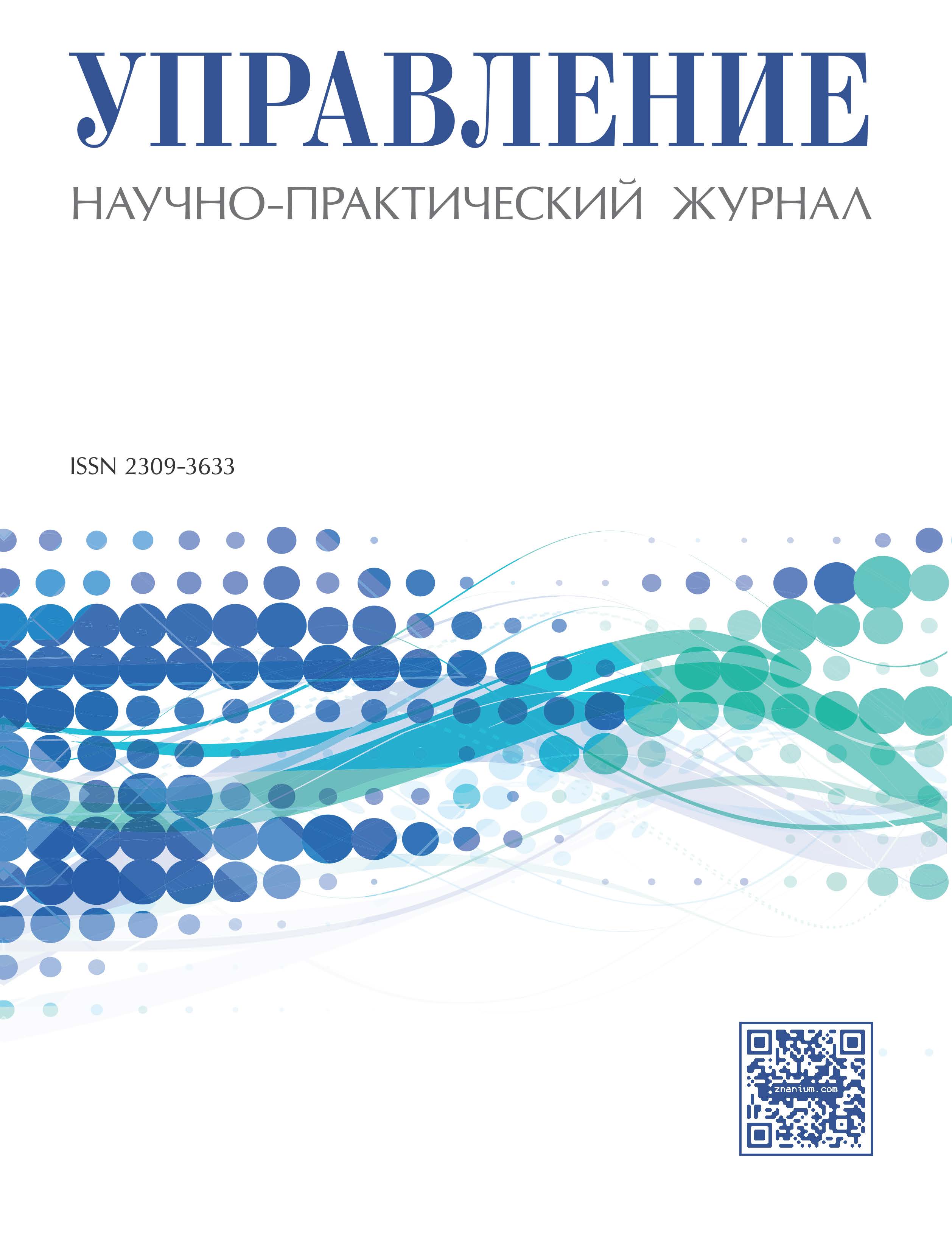Иностранные инвестиции, особенно прямые иностранные инвестиции (ПИИ), играют важную роль для экономического роста и международной интеграции. Тем не менее поток ПИИ в мире зависит от многих факторов, определяющих, например, ВПП, уровень образования, закон о праве интеллектуальной собственности. Анализируя эти факторы, влияющие на ПИИ, можно определить тенденции глобальных ПИИ и политику в привлечении ПИИ в развивающихся странах для экономического роста.
инвестиция, ПИИ, развивающиеся страны, глобализация, интеграция, экономика, финансы.
Though FDI has a decisive role for economic development and economic growth in recipient countries, and FDI is one of the keys for the global economic integration of developing countries, we all know that not all FDI could be beneficial for investors and not all recipient countries could be successful in attracting FDI for economic growth. Meanwhile, the flux of FDI, which is determined by long-term factors, is considered more important than portfolio investment. To discover in detail these determinants in the circumstance of global financial crisis and economic recession is very meaningful for recipient developing countries, especially when these countries plays more and more important role in the global economic map.
There are common determinants, determinants viewed from investors and determinants viewed from recipient countries.
- The common determinants which could affect the flux of FDI includes the global macroeconomic situation, the international integration, the international politic situation and some natural disaster with international impact …
- Determinants viewed from the investors: these determinants, which represent all elements affecting the decision of foreign investors, could be different according to the types of FDI. The investor of market seeking FDI makes attention to the market size of the recipient countries, the purchasing power, the possibility of market access, geographical position, government policies… while the investors of resource seeking FDI refer to the quality and price of labour, the stock of natural resources, government policies…
- Factors related to FDI attraction of host countries can be divided into three categories: economic factors and non-economic factors and other factors (UNCTAD, 1998). The economic factors include: domestic market size of the host country, natural resources, macroeconomic situation, abundant labor resources, low cost labor; situation of international integration and regional infrastructure status of FDI recipient countries. The non-economic factors including the legal framework of investment in the host country; geographical location, political stability, corruption situation.... Also there are some other factors that affect the flux of FDI such as the protection of intellectual property rights in the recipient country, the instability of the exchange rate, foreign debt, fiscal deficits, privatization, the promotion strategy investment...
1. UNCTAD. World Investment Report 2013: Global Value Chains: Investment and Trade for Development.
2. UNCTAD. World Investment Report 2014: Investing in the SDGs: An action plan.







